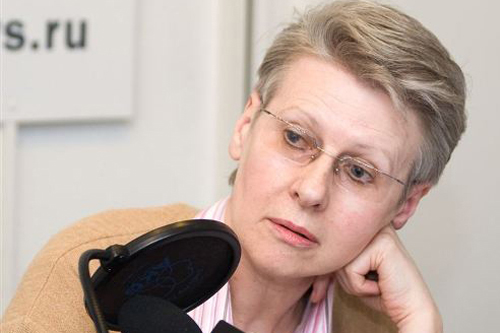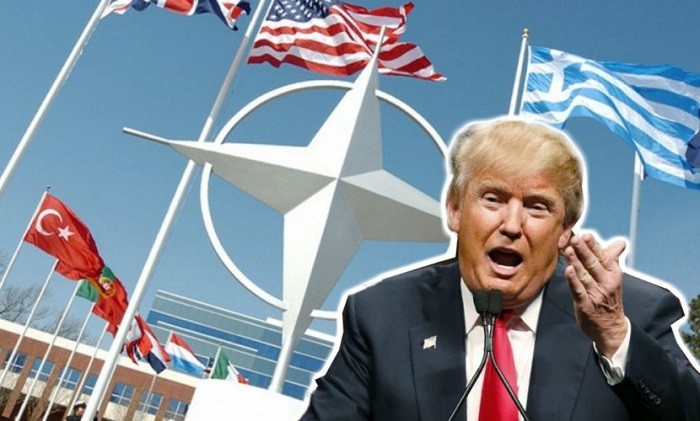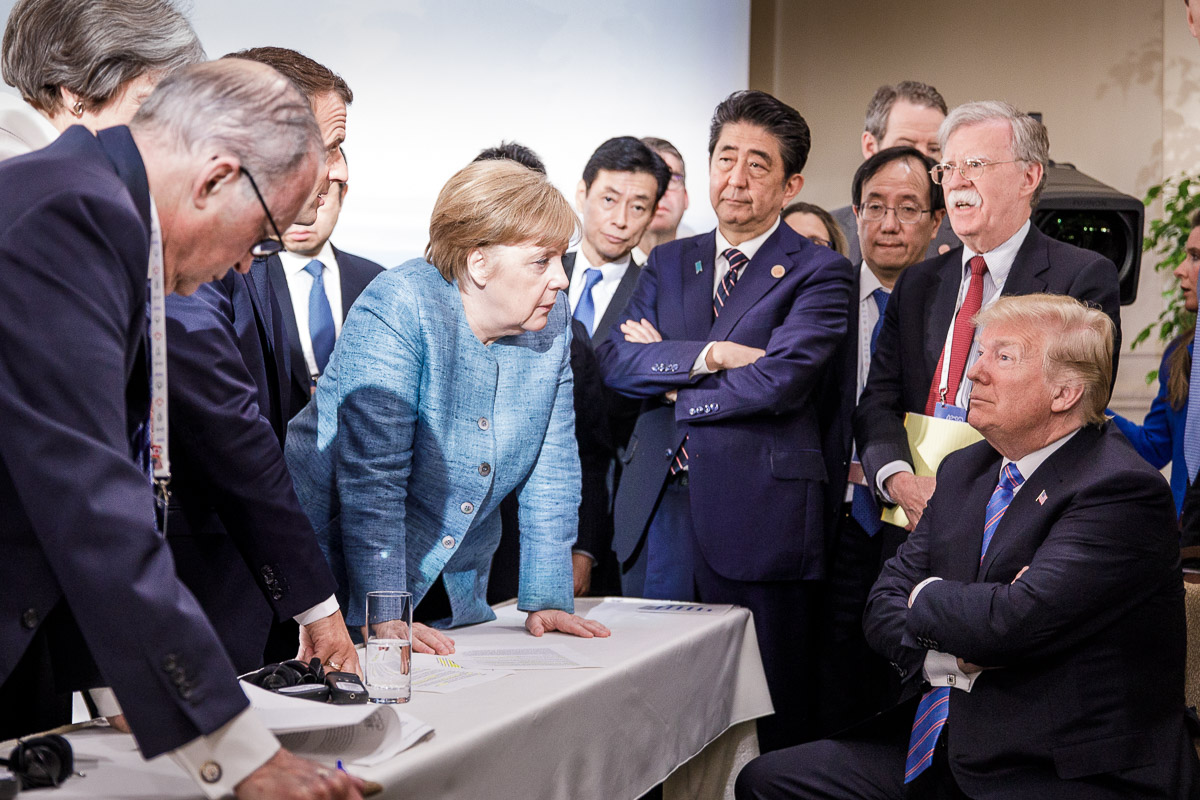The West has been far more united and tougher about Russia’s intervention in Ukraine than anyone would have expected only a year ago, but “one must understand that the West having adopted a tactic about this conflict all the same has not yet elaborated a strategy,” according to Lilia Shevtsova.

As a result, even now, “many consider the conflict a local one and await its end in order to return to ‘business as usual with Russia,’” the Russian analyst and commentator says in a wide-ranging interview on Ukraine’s Liga.net portal.
To a certain extent, Shevtsova says, the US is “in fact” the only real ally of Ukraine in the West. Europe is tired of war and of the costs to itself of the sanctions it has adopted against Moscow. But no one could have expected all 28 EU members to go as far as they have or that “Angela Merkel will maintain this pro-Ukrainian unity.”
The American role, she says, is “really very serious, but it is serious in that the US has outsourced the European problem and made Germany the key player in the Ukrainian-Russian conflict.” Washington supports Berlin, but Berlin now has too much on its plate to be able to act on its own with regard to Moscow.
Unfortunately, Washington is not doing what it might, Shevtsova continues. US President Barack Obama “to a certain extent is limiting the possibilities of the West in adopting an integral and common doctrine on Ukraine because the policy of Obama (not Congress) is one of withdrawal and the limitation of its responsibilities regarding the world abroad.”
Given these German and American problems, the Russian commentator continues, she “does not exclude that the West will decide to take a pause” in its actions regarding the Ukrainian-Russian conflict. That is especially likely if as now the Minsk-2 Accords remain the test given that different governments view those accords and their fulfillment differently.

But however that may be, Ukraine cannot count on a rapid improvement in its situation and thus must pursue a policy directed at “the consolidation and strengthening of Western support by means of reforms within Ukraine,” Shevtsova says. Much depends “not so much on the West as on Ukrainian elites” and on their readiness to take steps to retain Western backing.
In other comments, Shevtsova says that she does not expect the Nemtsov report on Russia’s role in Ukraine to transform the situation in Russia: Fifteen to seventeen percent of Russians will accept its findings because they had reached that conclusion on their own earlier; the rest will ignore it because the Moscow media present an alternative reality.
She says that Russia is suffering from “cognitive dissonance” and “political schizophrenia,” with large parts of the population believing contradictory things at the same time. Thus, vast majorities support Putin and Russia as a great power, but equally large ones understand its greatness far differently than he does.
Shevtsova adds that Russians differ from Ukrainians in that “they want the authorities to hand them a normal life,” while Ukrainian have been prepared to struggle for it. “You don’t believe the elite and went into the Maidan. Russians are still not capable of this,” although perhaps at some point they will be.
She suggests that everyone needs to understand that Putin decided to move into Ukraine not because of the Maidan but because of the demonstrations against his regime that took place even before the Ukrainians changed their government. He acted out of fear and decided to take actions to prevent the influx of freedom into Russia.
That fear led Putin and those around him to take steps that violated many of their own ideas. “On the whole,” Shevtsova continues, “it was much more comfortable for them to live” as they did before they invaded Ukraine, “in the times of imitation, games at partnership with the West and when the Russian elite” could live and vacation abroad.
The reason for the impact of this fear, Shevtsova argues, is that “for the first time in the history of the country, the force structures have attained absolute power. That was never the case in Russia before.” And the siloviki acted as one might have predicted, closing the very window through which had come benefits to themselves and others.
This contradiction, she suggests, is “leading the Putin regime to its end: it cannot exist with ‘an open little window,’ because society is in the grip of the siloviki, but at the same time, having closed the window and driving the people further from the influence of the West, it undermines itself since all the elites in Russia have long been in fact pro-Western.”
Thus, she says, the threat to the world emanates from Russia itself rather than from Putin. The problem, Shevtsova continues, is “the system of absolutism, of one-man rule, which has a millennium-long history and is embedded in the minds of millions of people who do not want change.”
“This system,” she argues, “represents a civilizational threat to the West.” And Moscow engages in war only when it has “exhausted its resources” for living in peace. Putin is thus “not an embodiment of evil.” He was simply installed in office by Boris Yeltsin on the basis of 1993 Constitution which was “more autocratic” than any Soviet one.
How soon Russia might change and how the West might promote such change are questions for which there are no clear answers in the current environment, Shevtsova says, even though the search for such answers is critically important given that the Putin regime while not yet fascist is moving in an ever more threatening direction.




